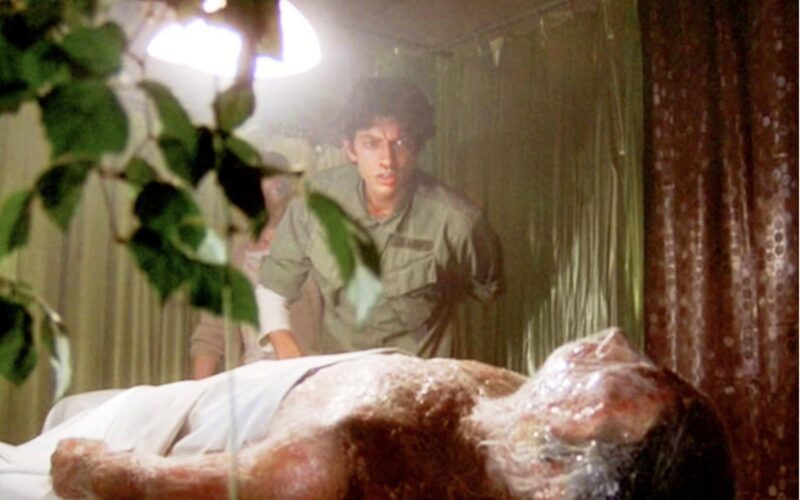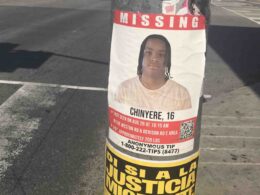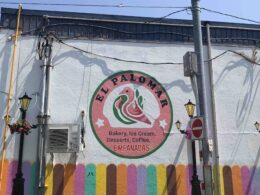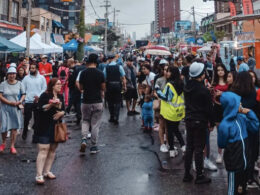After watching my father lie motionless for two weeks in the ICU, tubes pressed against his lips and down his throat, I never saw him return to consciousness. When he died on October 8, I thought the nightmare had ended. But the real horror began after his last breath — the hospital refused to release his body.
They wanted their money. Two thousand dollars a day for the ventilator. Two thousand a day for silence. The bill was enormous. I explained we were waiting for the bank to release his savings, that he’d left enough to pay. But he had been too sick to sign. Too weak to move.
Holding a body for payment is illegal in Ecuador — a human rights violation. But the Padre Carollo Hospital did it anyway.
The day of his death, we were all stunned. My mother was barely able to move. My brother tended to her while my daughter and I went to the third floor to “finalize the process.”
A man at the counter summoned Nelly, the hospital’s “social worker.” She came with a practiced face of sorrow — condolences, God’s plan, peace — then turned the page to the real message: the bill.
Soon the financial director appeared, all sympathy and spreadsheets. Condolences again, then numbers. Always numbers. The hospital was small, but every corner had a cashier. It felt less like a place of healing than a marketplace for the dying.
When the funeral home arrived to collect my father, the hospital refused to release the paperwork. “No payment, no body,” the director said.
The phrase chilled me — like something whispered in a morgue. When we challenged the director, telling her what she was doing was illegal, she denied withholding the body. My daughter argued, her voice trembling. “If you’re not holding the body,” she said, “then release it.” The financial director’s eyes went flat. “What guarantee do I have that you will pay?”
It was like bargaining with the undead — logic no longer applied.
After tense discussions, they relented. We called the funeral home back. My father’s body, finally freed, cost $15,000 USD plus the $2,000 we’d already paid and $1000 in cash. A ransom for human dignity.
In the following days, taxi drivers told me their own stories — loved ones dying behind locked ICU doors, families forced to negotiate for corpses.
Private healthcare turns grieving into business. It feeds on the sick and haunts the living.
This is what two-tier healthcare looks like — not a system of care, but a house of horrors where the price of compassion is paid in cash.






